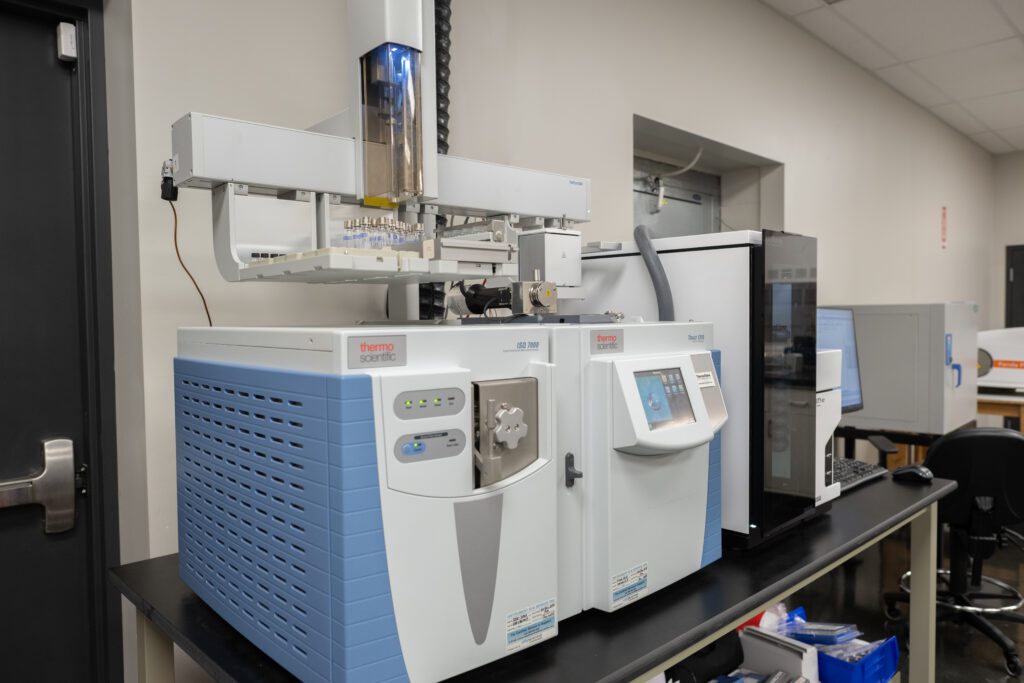Plant-Based Solutions to Wastewater Odors
By Glenn B. Crisler II, Ph.D.
Though wastewater treatment facilities provide a fundamental service, offensive odors released during the breakdown of organic waste understandably elicit negative attention from affected neighbors and workers. Historically, wastewater facilities have relied on ineffective odor masking solutions, or expensive and often hazardous chemical scrubbers, but there is an alternative.
My article in the July/August issue of Wastewater Digest, titled “Standardized plant-based formulations safely neutralize foul wastewater treatment odors,” explores the science of odors, and then explains why molecular neutralization is more effective, eco-friendly, and cost-effective than traditional solutions.
Understanding molecular odor neutralizers
Industrial odor control through molecular neutralization exploits the polar structure of many odorous molecules found in industrial environments, such as hydrogen sulfide and mercaptans.
Polar molecules have an uneven distribution of electrical charges across their atoms, resulting in positive and negative poles.
Molecular neutralizers are designed to bind to these polar molecules in a process called adsorption, and then to fully envelop the molecules through absorption. These reactions leave behind molecules that are undetectable to the senses, significantly reducing unpleasant odors in industrial settings.
Proven solutions to diverse problems
Ecosorb leverages extensive knowledge, research, and laboratory technologies to develop specialized formulations for targeted applications. While certain situations require custom formulations, standardized blends are effective in typical applications and have multiple advantages, including:
- Extensive supplier expertise
- Reduced lead times
- Turnkey solutions for faster startup
- Proven performance
- Adaptable to process changes
- Optimal support

Advanced sampling and analysis techniques
Developing highly effective odor control solutions begins with collection of facility air samples, for which we use Markes thermal desorption tubes. These advanced containers are useful for preserving samples up to several weeks. And they are effective even when sampling low concentrations of malodorous components.
To collect saturated samples, facility air is pumped through the thermal desorption tube over a five-minute period.
In the lab, the sample tubes are fitted with caps for desorption by specialized instrumentation. The desorbed samples are then transferred to a gas chromatograph-mass spectrometer (GC-MS) for analysis.

The GC-MS produces a chromatogram, which reveals each unique chemical compound in the sample. Equipped with this information, our scientists can either recommend a standard product, or formulate a custom plant oil blend to effectively neutralize the identified odorous components.
Plant-based odor neutralizers provide numerous advantages over traditional odor control methods in wastewater treatment, particularly:
- Increased safety for workers and community
- More pleasant working conditions
- Enhanced community relations
- Reduced environmental impact
Successful elimination of sludge smells
One wastewater treatment facility faced numerous complaints about strong, unpleasant odors from their sludge processing unit. To address these and other odor issues, the facility partnered with us to assess and remediate the emanating scents.

Following facility air sampling and analysis, airborne dispersal of our standard 806 formulation was deemed effective for the area surrounding the sludge processing unit, and within days of installation, complaints from the neighborhood ceased almost entirely.
A paradigm shift in wastewater odor control
The strategic application of plant oils and cutting-edge science produces a sustainable and effective solution to one of wastewater treatment’s most persistent problems. By embracing innovative solutions like plant-based odor neutralizers, wastewater treatment facilities can position themselves to meet evolving operational demands, while creating a more pleasant and healthy environment for plant personnel and surrounding communities.
Don’t hesitate to contact our team today and let our knowledgeable and supportive team help keep all kinds of industrial odors at bay.






